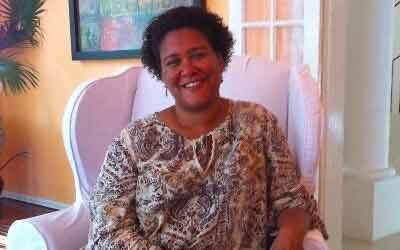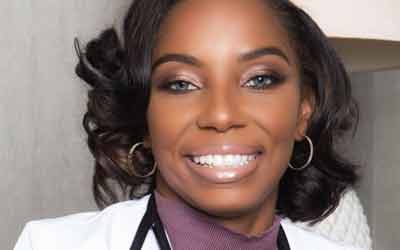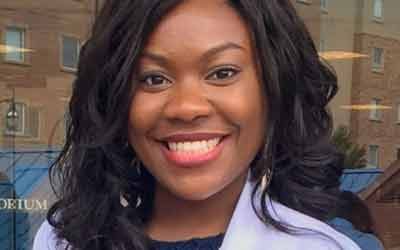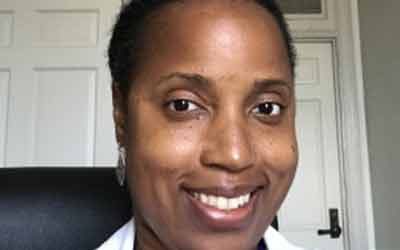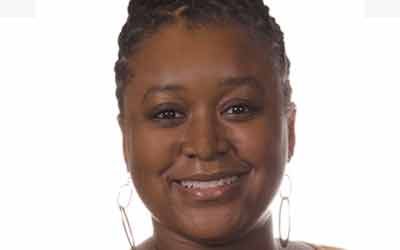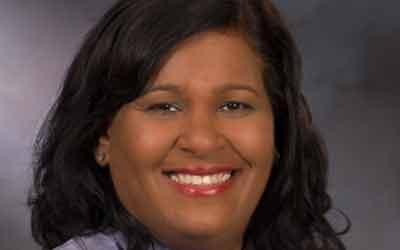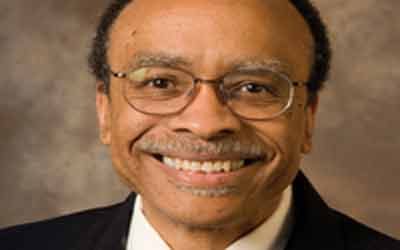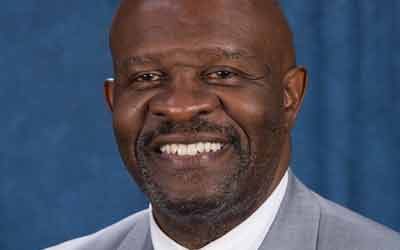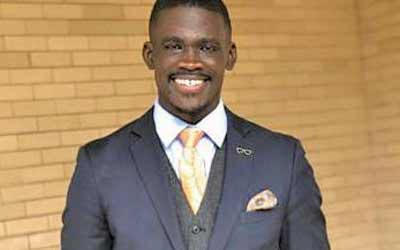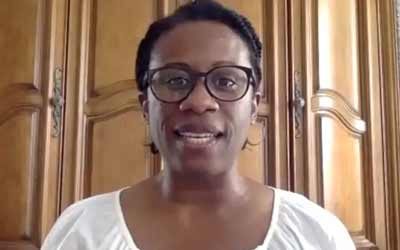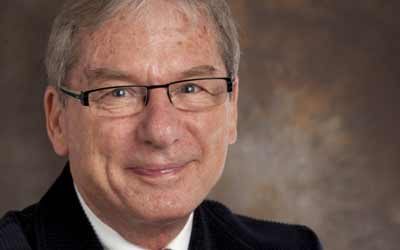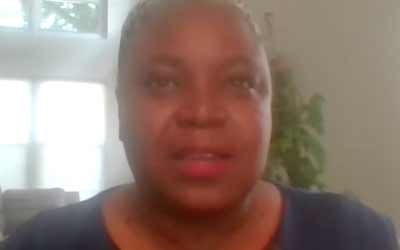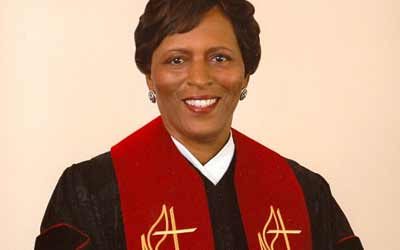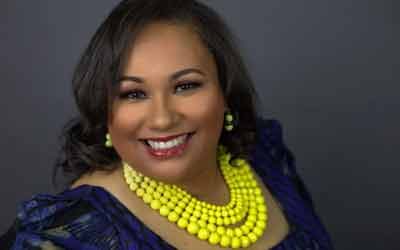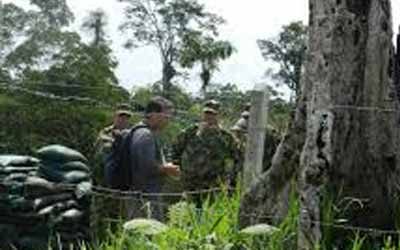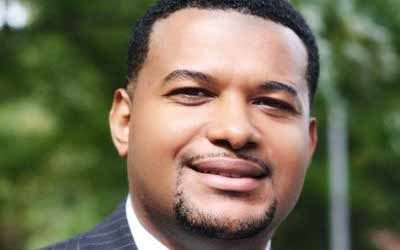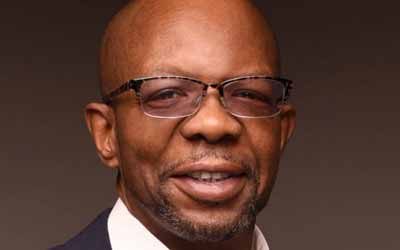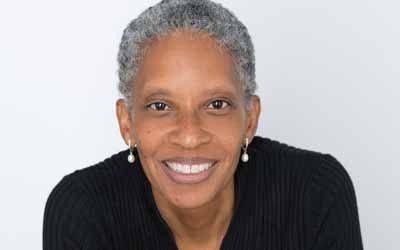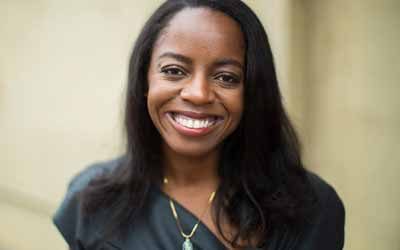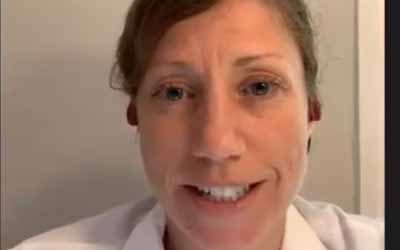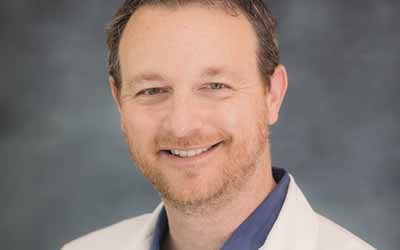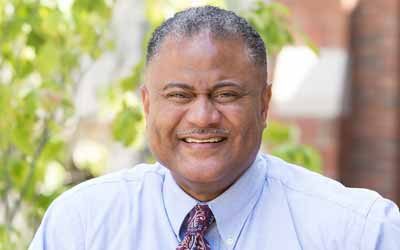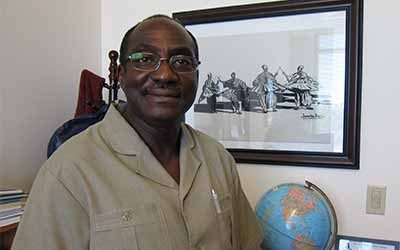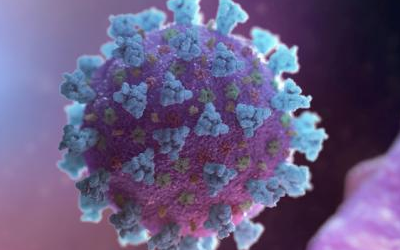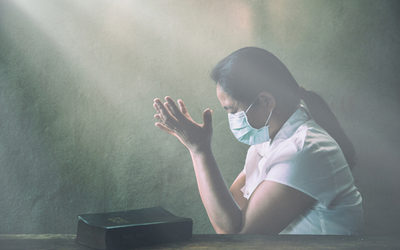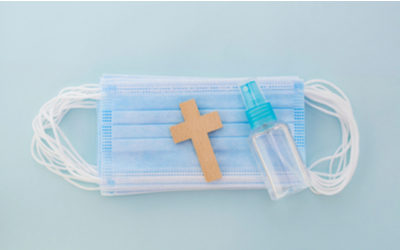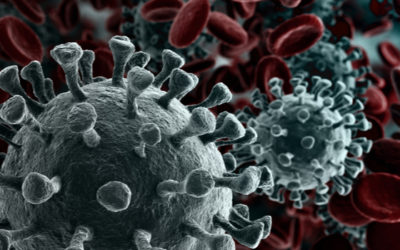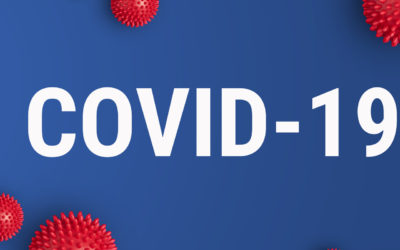COVID-19 Resources: Inter-disciplinary Scholarship
Welcome to this website of inter-disciplinary scholarship on the religious dimensions of the COVID-19 outbreak. This site consists of materials developed by staff of the Interfaith Health Program, our global partners and colleagues, and members of the general public who have submitted materials to us. We are working to develop scholarship that is both thoughtful and rigorous as well as practical for the general public in hopes that it will serve as a resource for individuals and communities in the midst of this pandemic.
Inter-disciplinary Scholarship
Forging a New Commonwealth Together: An Interview with Dr. Leslie Harris Professor of History, Northwestern University
Dr. Leslie Harris discusses her work to help communities face fears, with creative energy to forge a new commonwealth. This is a candid discussion that completes a series of conversations, originally focused on messaging in a pandemic, between healthcare and faith leaders.
Responding on the Front Lines in New York: An Interview with Brandy Brown, FNPC
Dr. Brown speaks to us from a New York hospital where she responded to a call of duty request for healthcare providers to staff the overflowing patients the the hospital systems in that city. She speaks about the new horizon for mental health care collaborative approaches and telemedicine as necessary tool for the future of delivery of services.
A Global View Toward Clinical Care: An Interview with Helene Okpere, MD
Dr. Okpere discusses her calling into medicine from mission work to Ghana and a devotion to her nephew’s health. Her travels have also included learning about medicine in El Salvador.
“I Saw Their Faith As Something Much Larger”: An Interview Cinnamon Bradley, MD, FACP,
Dr. Bradley has launched a Medical Humanities Journal at Morehouse School of Medicine, “Aequitas,” in honor of the mission toward achieving health equity. As a Primary Care Internist at Grady Memorial Hospital, she describes being grounded in the faith of her grandmothers, growing up on the Southside of Chicago.
An Interview with Dr. Lillianne Lewis Debnam, MD, FAAP
Dr. Lewis Debnam discusses how the Social Determinants of Health are adding to the stresses and strains of the families she’s seeing in her practice. She also talks about how she and other physicians are “praying around the clock” for the world, for their patients, and for a cure.
If You Abide in God, You Abide in Love: An Interview with Dr. Selika Sweet, MD, FAAFP
Dr. Sweet begins by explaining how she chose the profession of family medicine, describing her medical education at Meharry Medical College and her residency in Louisiana. Dr. Sweet and Dr. Sexton discuss their shared experiences raising children as single mothers.
Are We Helping to Make the Beloved Community Real?: An Interview with Luther Smith, Candler School of Theology, Emory University
Dr. Smith begins by discussing the Interfaith Children’s Movement, a movement founded by children in 2001 to respond to children’s needs—especially those who are most vulnerable.
What It Means to Breathe: An Interview with Rev. Dr. Vance P. Ross
The interview begins with Reverend Ross and Doctor Sexton reflecting on the significance of breath and of breathing during this pandemic. Reverend Ross reflects on the ways in which stay-at-home mandates have cleared the air in many cities around the world, including Atlanta.
“My God, My God, Where In the Hell Are You?”: An Interview with Rev. James Woodall
At the start of the interview Rev. Woodall reflects on the meaning of “I can’t breathe” in the COVID-19 pandemic. He begins by placing those words in the historical event of Eric Garner’s 2014 arrest in which he struggles to breathe as police officers hold him down.
Caring for the Self, for Others, and the Creation: An Interview with Rev. Lahronda Welch Little
The interview begins with Rev. Welch-Little discussing her doctoral studies, exploring her notion of holistic soteriology. For Lahronda, a theology of soteriology (salvation) cannot be merely spiritual, but material and corporate.
“There is Nothing More Powerful than Seeing the World Through Another”: An Interview with Dr. Don Saliers
The interview begins with Dr. Saliers talking about the importance of lament in our “strange time.” We prefer blame, denial, and repression of things we know are real; knowing how to lament well in our anger, grief, and pain is important.
We Cannot Be Ruled By Fear: An Interview with Rev. Michelle Simpkins
The interview begins with Reverend Simpkins talking about the issue of fear in relation to the children during the outbreak. She frames this topic out of her own experiences as an educator. Michelle offers a wealth of examples and actions that parents and other adults caring for children can take to help children not only live in fear but to actually adapt and thrive during this epidemic.
We Can Only Get Through This Together: An Interview with Rev. Dr. Bernice Kirkland
The interview begins with Reverend Kirkland discussing how her response to COVID-19 has been informed by her own life and the things that ground her. Her skills as a nurse and her call to ordained ministry have offered her a particular perspective to see what God is calling us to do as a society—to be faithful stewards of the entire creation.
Hope is the Friend of Justice: An Interview with Rev. Iyabo Onipede
In this interview, Rev. Onipede discusses her experience of attending the funeral of the mother of her friend—in Nigeria. Iyabo discusses the spiritual challenges presented by this virus to long-standing and deeply meaningful spiritual rituals—rituals her friend could not carry out according to tradition because she was unable to travel to Nigeria for the funeral in the midst of this outbreak.
Sitting in the Mud: An Interview with reverend dr. candi dugas
The interview begins with dr. dugas discussing the importance of meditation in her life because it cultivates mindfulness and allows us to navigate life in support of holistic health and well-being.
When A Culture’s Wisdom is Threatened: An Interview with Carlos Salinas About Traditional Healers
The interview begins with Kofan providing a fascinating history of his work with shamans in Colombia and how this led to the founding of Healing Bridges, the non-profit organization he founded.
A Choice in Front of Us: An Interview with Nathaniel Smith
The interview begins with Nathaniel situating the current challenge of COVID-19 in light of America’s racial history—a history of racial violence but also of great courage. Drawing on the lessons learned and gains fought for through the civil rights struggle, Nathaniel recounts the vision for founding the Partnership for Southern Equity and its work to champion racial, social, and economic equity.
The Virus In First Person: An Interview with Kenneth Nave, MD
Dr. Nave is a Physician in Primary Care and Internal Medicine and someone infected with the COVID-19. In this interview, he discusses virus health disparities that are a key factor in the poor health outcomes that Black Americans face, not only in relation to COVID-19 but on other health conditions as well.
Buddhist Wisdom in the Time of COVID-19 : An Interview with Ayo Yetunde
In this interview, Ayo employs Buddhist teaching to describe ways to respond to the outbreak. Ayo starts by reflecting on the gift of compassion and our human bodies in light of a Buddhist anthropology to come to understand a compassionate, ethical response to COVID-19.
Re-Imagining Presence During This Outbreak: An Interview with Reverend Zeena Regis
In this interview, Reverend Regis discusses the challenges of staying present with people difficult times. As a chaplain, she works to value and respect her patients as they pray for a miracle as part of a clinical care team that often views such prayers as denial of reality.
“Be Present for Today”: An Interview with Mary Katherine Martin Clark, MS, PA-C
In this interview, Mrs. Martin-Clark discusses her calling as a healthcare professional, recounting her own history in public health, medical missions, and clinical care. Mary Katherine describes God’s presence with her and how that grounds her as she offers care to her patients.
“Called to Serve”: An Interview with Doctor Dixon Freeman
In this interview, Dr. Freeman discusses how self-sacrifice is part of faith and reflects on the ways in which COVID-19 is calling us to self-sacrifice as people of faith. Our freedoms and conveniences have been curtailed, all as way to curb the spread of the virus. This choice is an act of faith and compassion.
“I Am With You”: An Interview with the Reverend Doctor Rodney S. Sadler
In this interview, Dr. Sadler discusses the vacuum of leadership in the United States in responding to the COVID-19 outbreak. Dr. Sadler discusses the convergence of so many negative factors impacting the country at this moment.
“That They May Have Life and Have It More Abundantly:” An Interview with the Reverend Doctor Emmanuel Lartey
An Interview with the Reverend Doctor Emmanuel Lartey, Charles Howard Candler Professor of Pastoral Theology and Spiritual Care Candler School of Theology, Emory University
Is It About Numbers?
Dr. Esther Mombo has worked closely with the Interfaith Health Program for a number of years and was a visiting faculty member at Emory’s Candler School of Theology in spring 2018. She is Professor in the Department of Theology at St. Paul’s University (Kenya) where is Director of International Partnerships for the university. In this piece, Professor Mombo reflects on what numbers can and cannot tell us about the COVID-19 pandemic.
What Can We Be Thankful For?
Ezra Chitando is the Regional Coordinator for Southern Africa for the World Council of Churches Ecumenical HIV and AIDS Initiatives and Advocacy. In this piece, Dr. Chitando draws on the lessons learned from the HIV pandemic to remind us of the need to reflect on what we can be thankful for in the midst of the COVID-19 outbreak.
Ramadan under lockdown is encouraging Muslims to talk about the way they worship
This piece by Amanullah De Sondy examines the ways in which COVID-19 is changing Islam within the context of Ramadan observance. His piece employs a lens of gender and sexuality (among others) to examine how COVID-19 is impacting the observance of Ramadan.
Calm Amidst the Storm of COVID-19: A Neuroscience Perspective of Being Grounded in Faith
In this short piece, the Reverend Melissa Sexton discusses the importance of self-care during this outbreak and offers some suggestions for encouraging mindfulness and calm by drawing on spiritual practice.
COVID-19 Religion and the Importance of Effective Leadership
In this piece written for the Religion and Global Society program at the London School of Economics, John Blevins, Director of the Interfaith Health Program, reflects on both the distinctive contributions of religious communities to the COVID-19 outbreak as well as the ways that religion can complicate a sound public health response.
Religion as a Social Force on the COVID-19 global Response
This presentation surveys the various effects of religion as a social force on the COVID-19 response globally. Those effects are varied. Religion may hinder a sound public health response; for example, religious devotion has led some faith communities to continue meeting in person, contributing to the spread.
Community Ministry and the COVID-19 Response
John Blevins, Director of the Interfaith Health Program, interviews the Reverend Kim Jackson. Reverend Jackson is the Rector at Church of the Common Ground, a spiritual community in downtown Atlanta that serves people who are experiencing homelessness.
Creation, Liberation, and COVID-19
In this reflection, John Blevins, Director of the Interfaith Health Program examines the COVID-19 outbreak in light a liberation theology perspective developed by Dr. Steve de Gruchy.
We want to hear from you and welcome your submissions.
The Interfaith Health Program is eager to publish thoughtful scholarship on the religious dimension of this outbreak employing perspectives from the fields of religious studies, theological studies, or public health. We encourage anyone to submit a piece for consideration and are especially eager to disseminate pieces reflecting global perspectives from a variety of religious traditions. While we will consider submissions of any length, we encourage you to submit shorter pieces as these will be more useful and practical for many members of the general public.
Material submitted to the Interfaith Health Program may not necessarily be published and disseminated on this website. Staff from the Interfaith Health Program will communicate our decision regarding publication with each person who submitted material and lay out the rationale for our decision.

